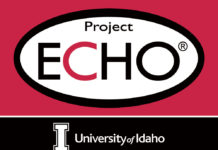Drug addiction is an extremely common and sometimes deadly disease characterized by uncontrolled, compulsive drug taking and addiction despite both positive and negative effects on the body, which is often long-lasting. The early onset of this disease typically starts with the first voluntary act of taking illegal drugs. However, it is possible for an individual to experience the onset of drug addiction even without being aware of it. This can be a contributing factor to other health issues like anxiety and depression as well.
Drug addiction treatment works through various ways to help the patient overcome this disorder. The most common means is through counseling and education. Through counseling, a patient is taught to control the cravings of drugs and how to better manage their emotions and reactions towards the drugs that they already have taken. After this, the patient usually receives therapy sessions, where he learns how to deal with his emotions and reactions towards the drugs that he has already consumed. Eventually, he will be taught how to stop taking drugs altogether. Sometimes, in conjunction with medication, detoxification treatments are also conducted to help reduce the amount of drug that the person consumes.
The other way that drug addiction treatment works is through the use of medications and techniques that make it easier for a person to break their addictions. These methods include anti-rebound medications and psychotherapy. In psychotherapy, the patient is given a series of exercises and behavioral and cognitive therapies to help change his or her thinking and behavior patterns. The most common medications used in drug addiction treatment are those that address chemical imbalances in the brain. Some of these medications include antidepressants, anti-anxiety medications, anti-depressants and neuroleptic drugs. These medications can include some of the more common ones such as naltrexone and benzodiazepines.











